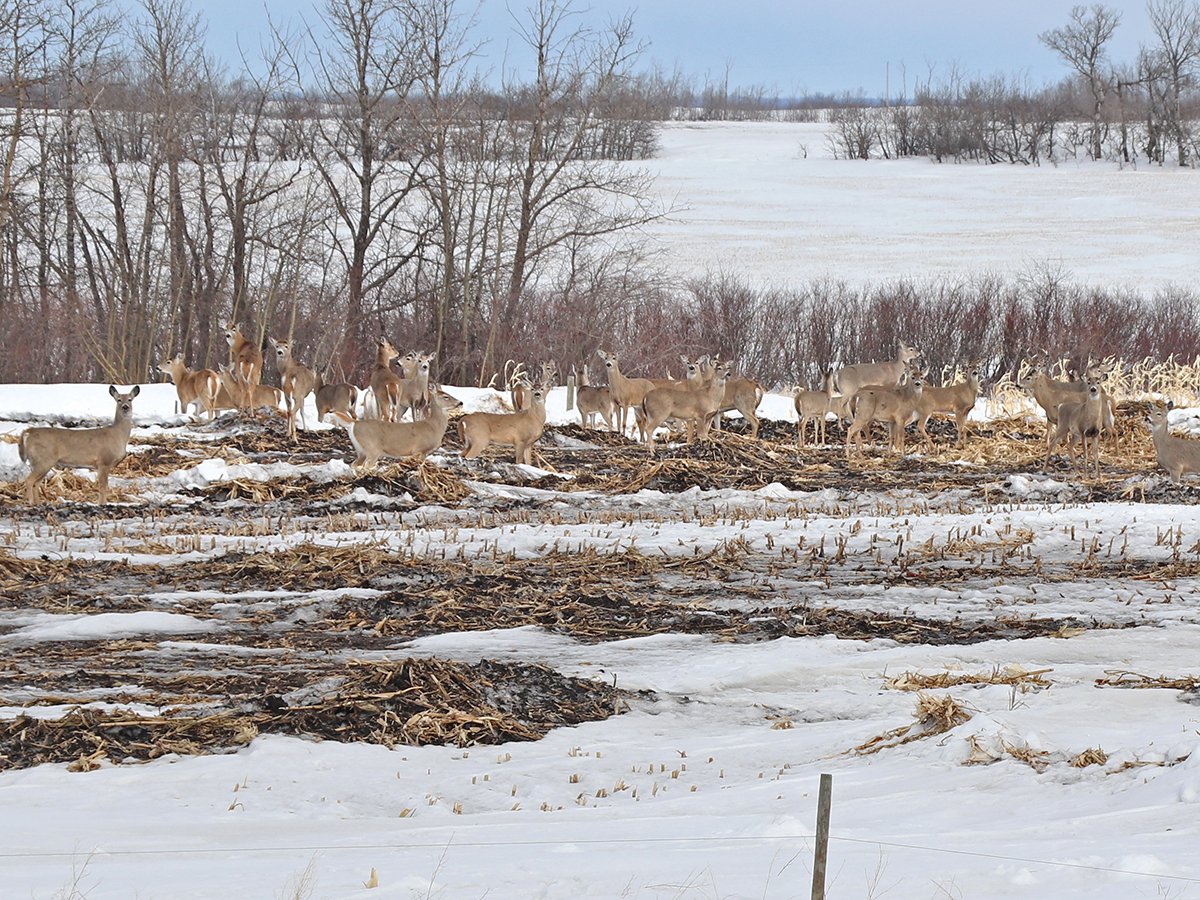QUEBEC CITY — Consumers may not know much about agriculture but they know what they like.
“Consumers are playing a bigger and bigger role in the structure of the food system. They are making relatively uninformed choices but they are making choices nonetheless,” said economist Mike von Massow of Ontario’s University of Guelph.
People are bombarded with information so agriculture has to become more involved in influencing changing consumer perspectives, he said.
“They have the right to make what we consider irrational choices,” he said at the animal nutrition conference of Canada held in Quebec City May 10-11.
Read Also

Foot-and-mouth disease planning must account for wildlife
Our country’s classification as FMD-free by the World Organization for Animal Health has significant and important implications for accessing foreign markets.
“If we do not participate in that discussion, then we won’t have influence in where that goes.”
His research includes national consumer surveys from about 2,000 Canadians to gauge changing opinions about topics like animal welfare and the use of antibiotics in agriculture.
“The actual level of concern is relatively low but I would argue that is because the actual level of awareness is relatively low,” he said.
When asking direct questions about production practices there is a lack of understanding about agriculture, von Massow said. When surveyed, many consumers probably guess at answers they don’t know and may want to sound better informed than they are, he said.
“We have these consumers who really don’t understand. They hear the word antibiotics and they think it is bad. That is a tough place to be.”
Until food companies started making claims about offering antibiotic-free and hormone-free products, there was little public discussion.
Most of the growth of antibiotic-free product sales comes from food service outlets.
The A & W Restaurants campaign that offers antibiotic- and growth-hormone-free food has been successful with its simple message.
However many consumers do not understand antibiotics use cannot be avoided for health and management of livestock.
“As the use of antibiotics is reduced, particularly as we go to these raised without antibiotics, we have the potential to compromise (animal) welfare,” von Massow said.
There is some momentum to reduce use in livestock production, but consumers do not know about that.
Animal welfare in Canada is regarded at a good level of care but consumers have no idea what is happening on farms, he said.
“The problem that gives us is that if they think we are doing a good job and they start to find out some things that they are uncomfortable with, we have further to fall,” he said.
In the last 10 years, more people have heard about issues like confinement housing for poultry but many have no details.
Still, people tell pollsters animal treatment influences their buying decisions and they want more information about the rearing conditions of livestock, said von Massow.
Meat consumers want assurances the animals were well treated but they do not want to know too much, he said.
Informing the public is a challenge with more than half of the people polled admitting they would not know where to look for information.
Those who did cite authorities said the Humane Society of the United States and the People for the Ethical Treatment of Animals were their primary sources.
“Like it or not, they have the consumers’ ear and it is important for us to get involved in the conversation,” von Massow said.















